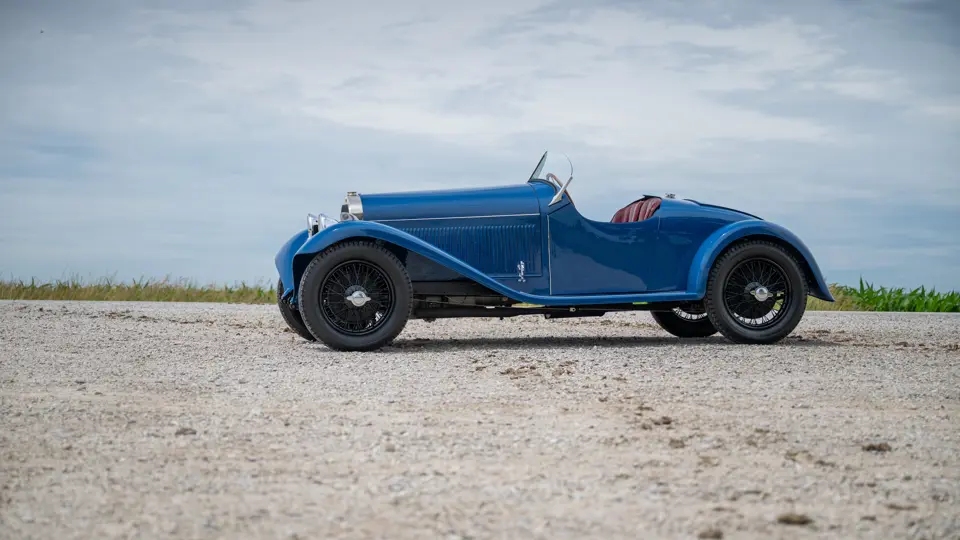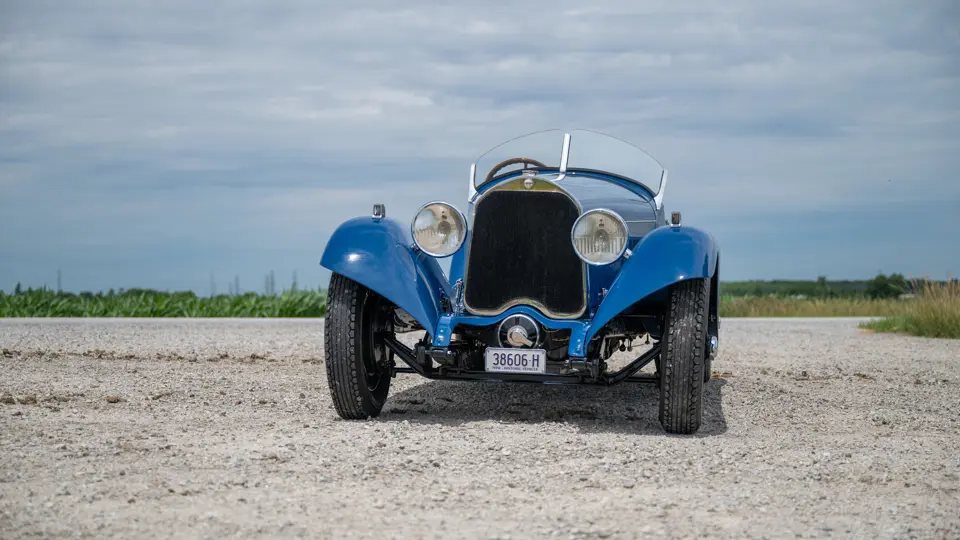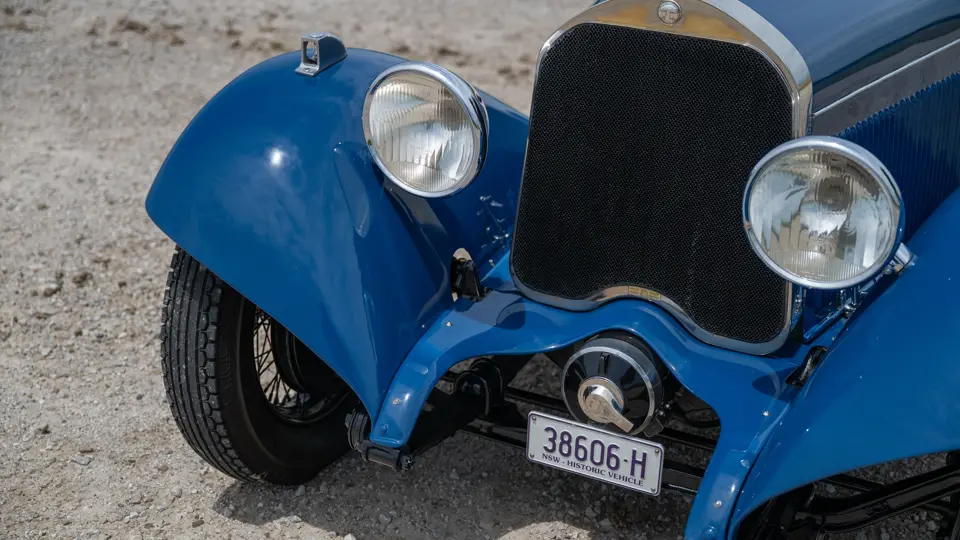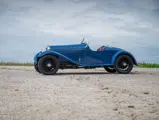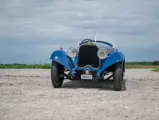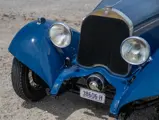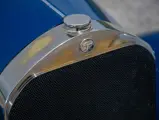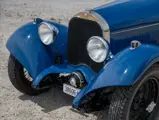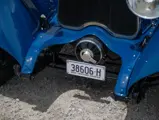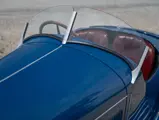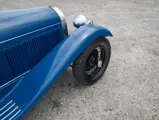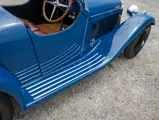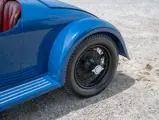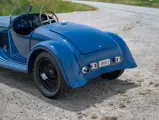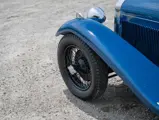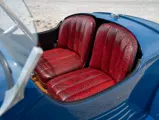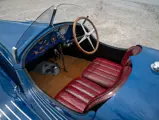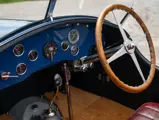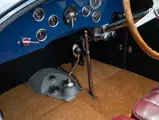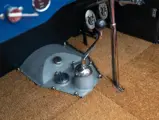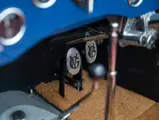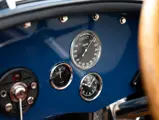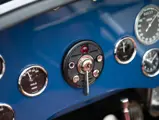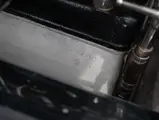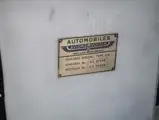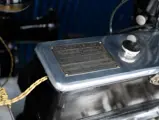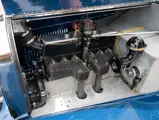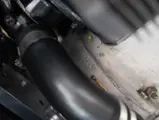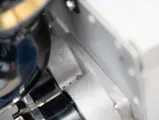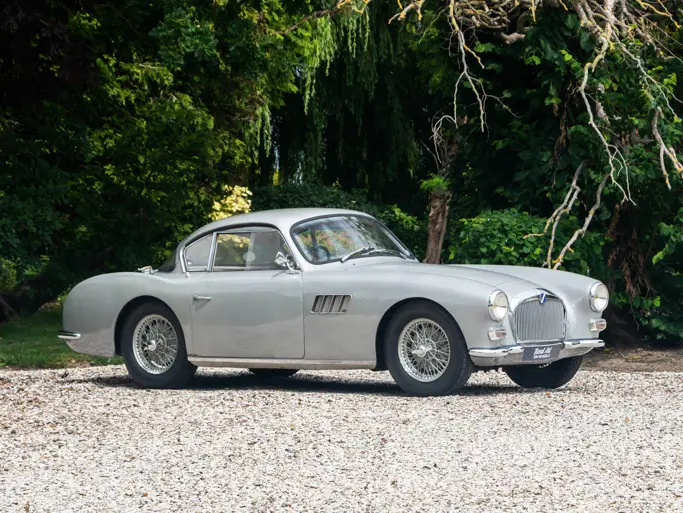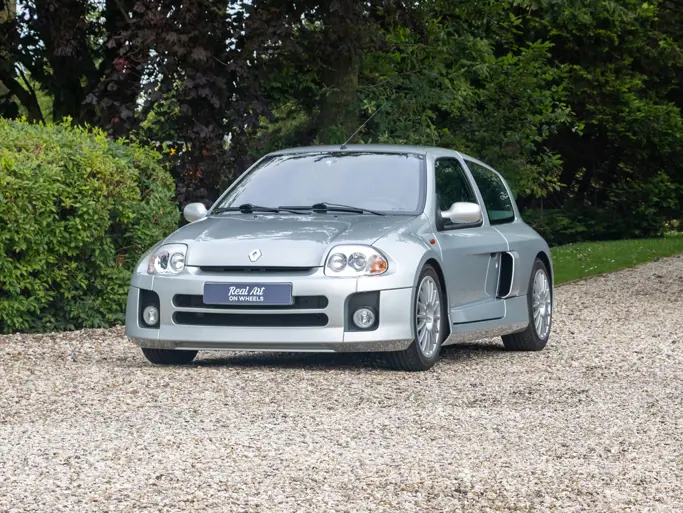
1928 Avions Voisin C11 Custom Roadster
{{lr.item.text}}
$106,400 USD | Sold
{{bidding.lot.reserveStatusFormatted}}
- Offered from The Timeless Collection
- Formerly owned by the noted enthusiast Walter Grell
- A charming custom roadster based upon one of Gabriel Voisin’s fascinating cars
- Equipped with a sleeve-valve six-cylinder engine
Gabriel Voisin was a pioneer of French aviation, who until his dying day claimed that he had successfully fielded an airplane before the Wright Brothers. He went on to produce planes for the Great War, then, when the bottom fell out of that industry at peacetime, turned his attention to automobiles. Voisin cars were powered by Knight-patent sleeve-valve engines, famously smooth and quiet in operation, and were idiosyncratically designed, often with bodywork that reflected their creator’s tastes: Cubist and exotic, with wildly patterned interiors and numerous exposed mechanical components, as Voisin believed that good engineering was beautiful and should never be hidden.
The Voisin offered here is believed to have been constructed on the basis of the popular C11 model, equipped with a 65-horsepower inline-six. It is said to have formerly been part of the collection of the late Walter Grell in Rheinfelden, Switzerland, whose select group of fine automobiles also included such rarities as a Cadillac V-16, 12-cylinder Cooper-Maserati, Vignale-bodied OSCA, and BRM P578 Formula One car. A photograph survives in the file of the car in Mr. Grell’s ownership prior to restoration, significantly weathered and less its windshield and radiator shell, but clearly fitted with this seductively curved roadster body.
Subsequently the car was fully restored to its present condition, in classic French Racing Blue with red leather interior, tan carpets, and black Rudge-Whitworth wire wheels, and accessorized with Scintilla headlights and pedals bearing Gabriel Voisin’s initials. The radiator is a custom piece, similar to the stock Avions Voisin design but flat rather than vee’d, and the windshield is vee’d and raked. The serial number tag appears to be a reproduction, although the chassis number can be found stamped into the inner cowling and the engine number appears on the engine both as a stamping and on a brass plate.
Overall this fascinating example of Gabriel Voisin’s innovative genius remains in very good cosmetic condition throughout, and would be a charming addition to the collection of any enthusiast of unusual French automobiles, or fascinating pre-war sports cars.




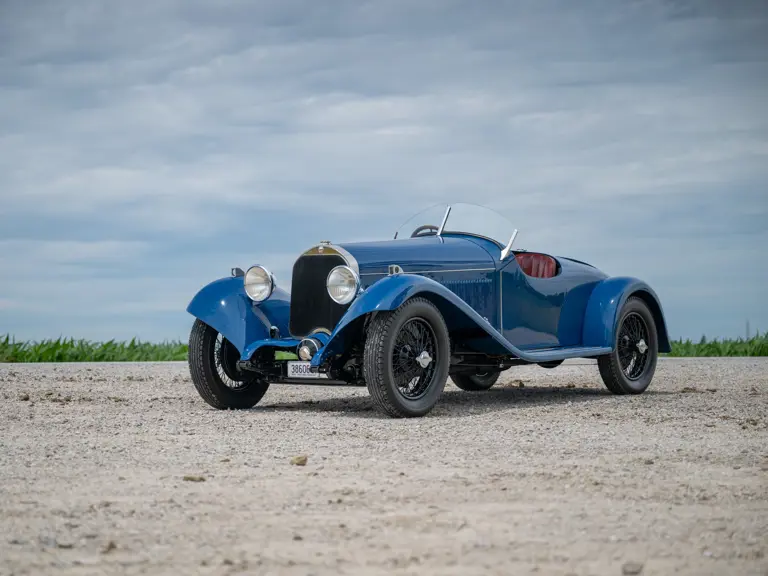
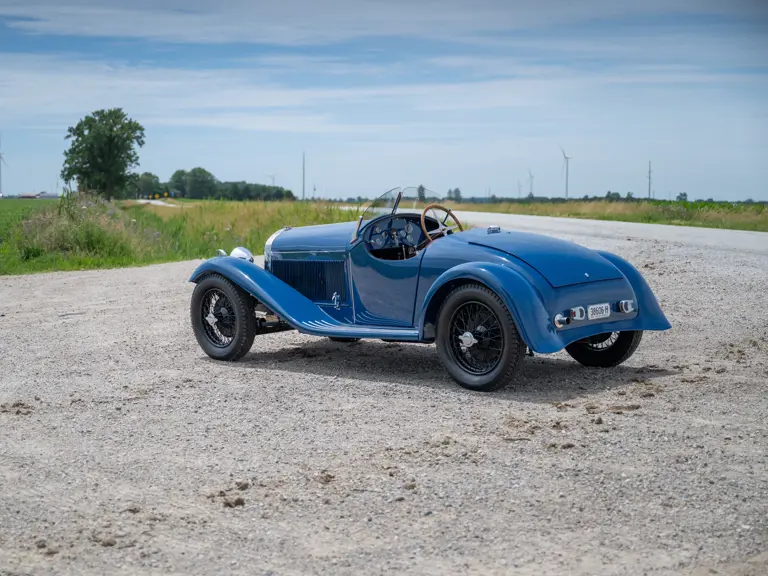
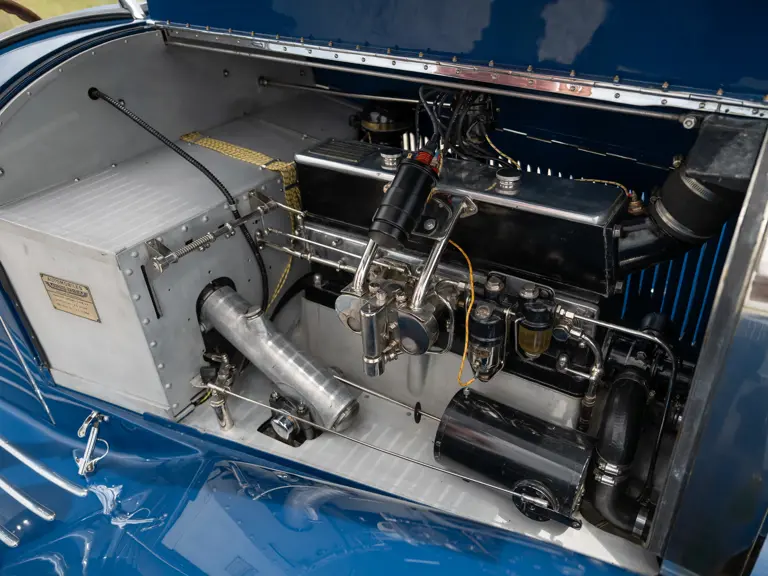
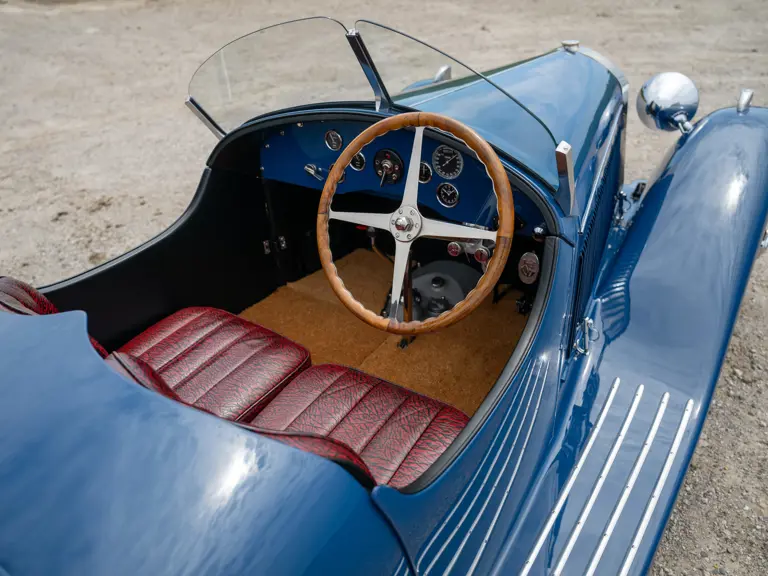
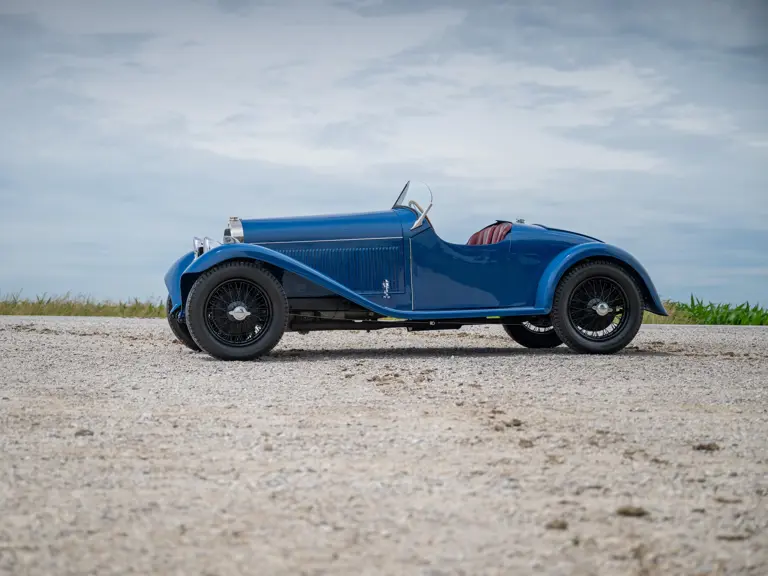
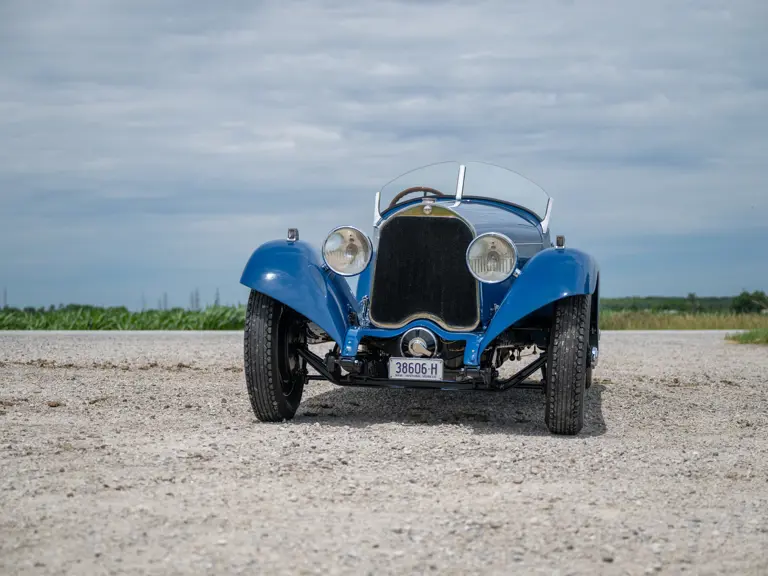

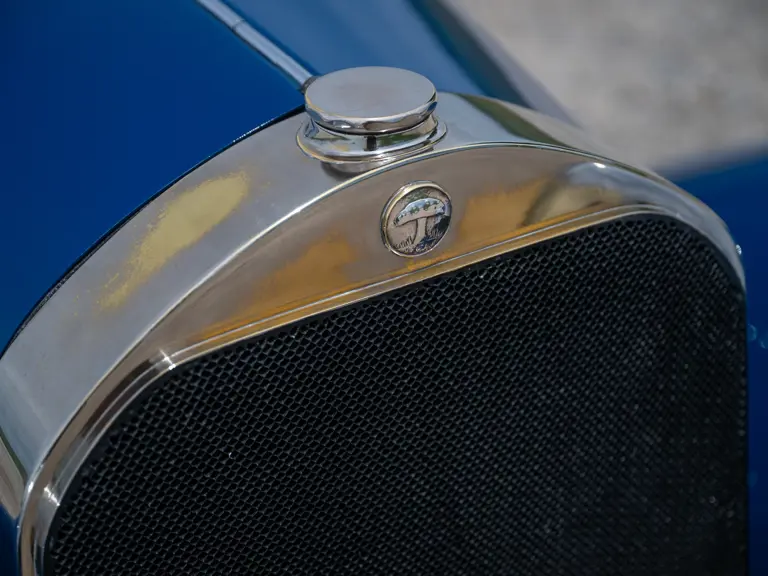
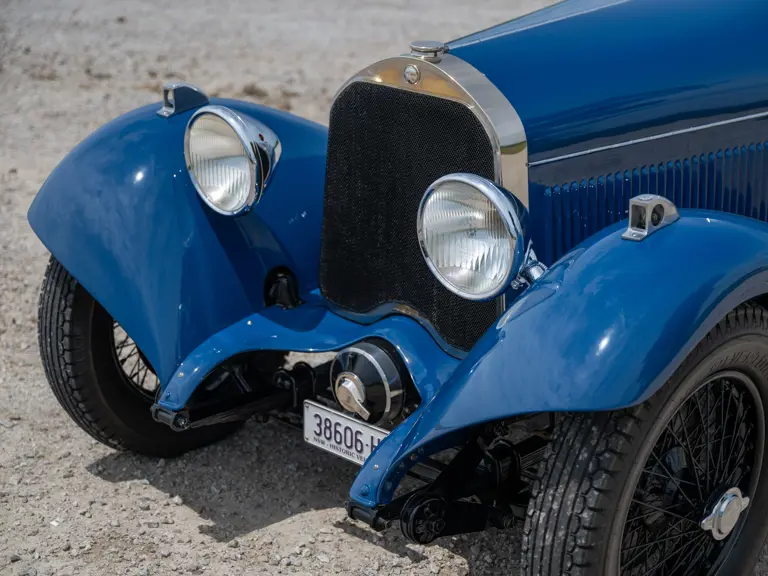
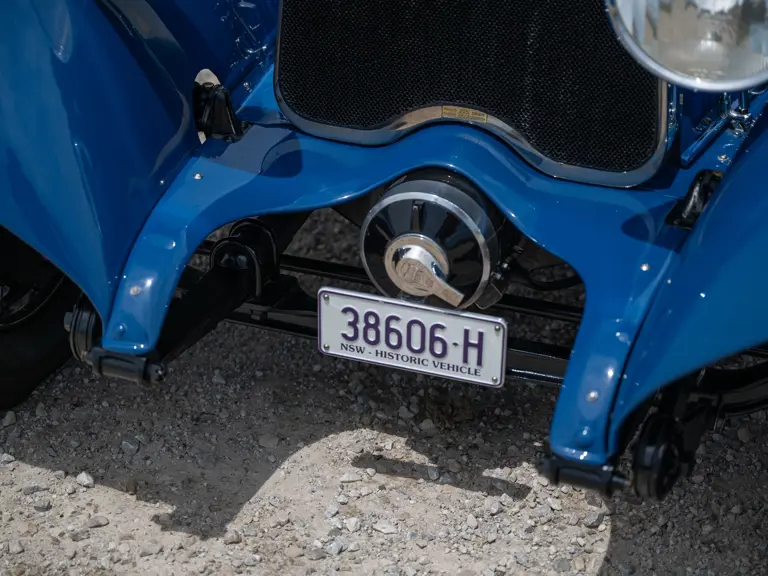
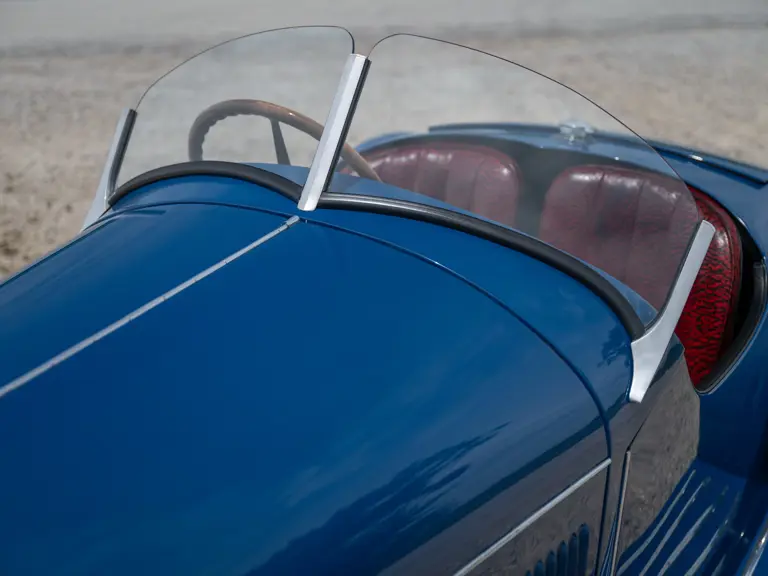
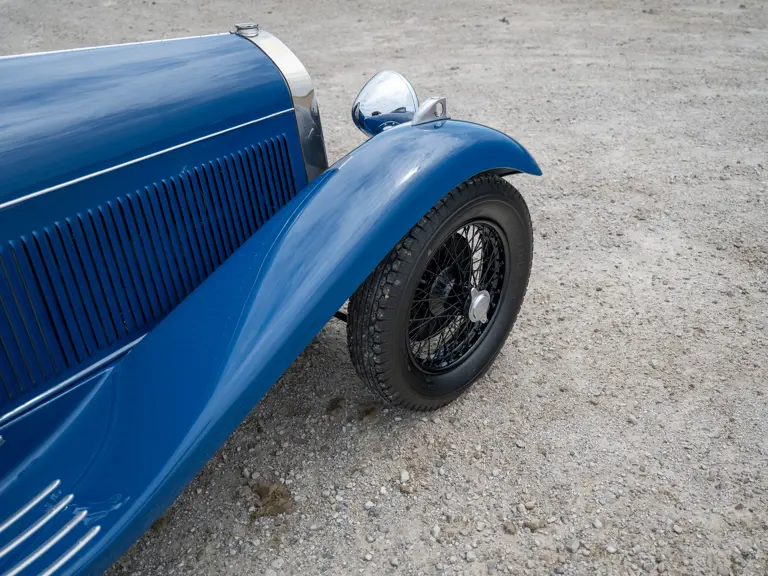
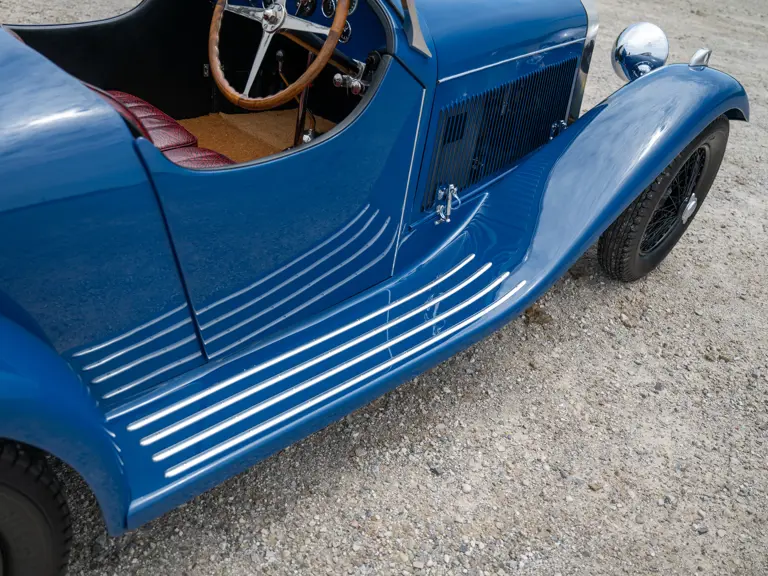
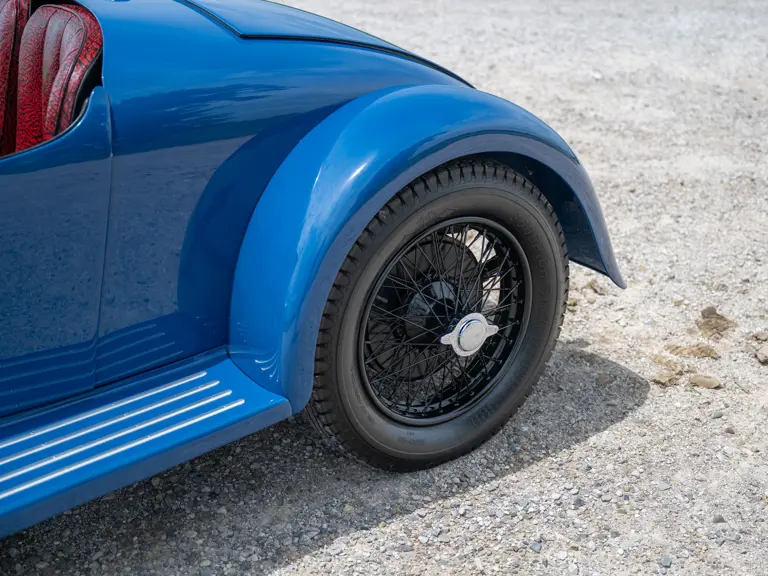
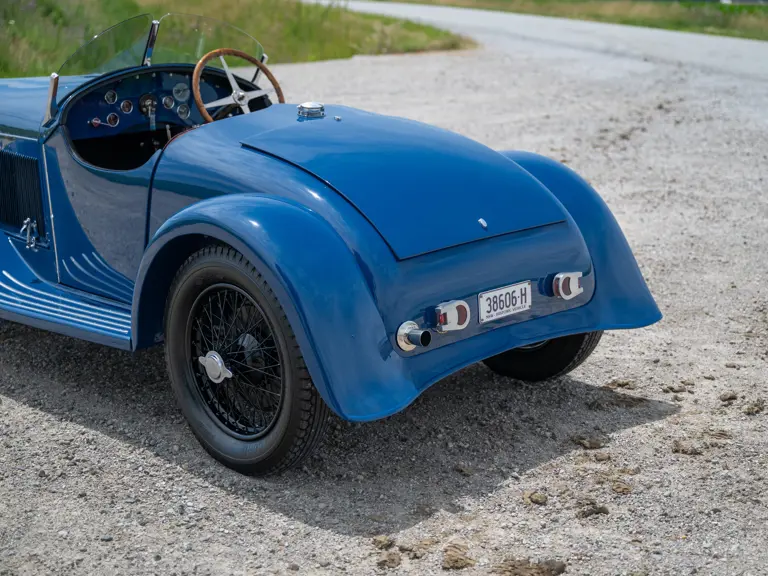
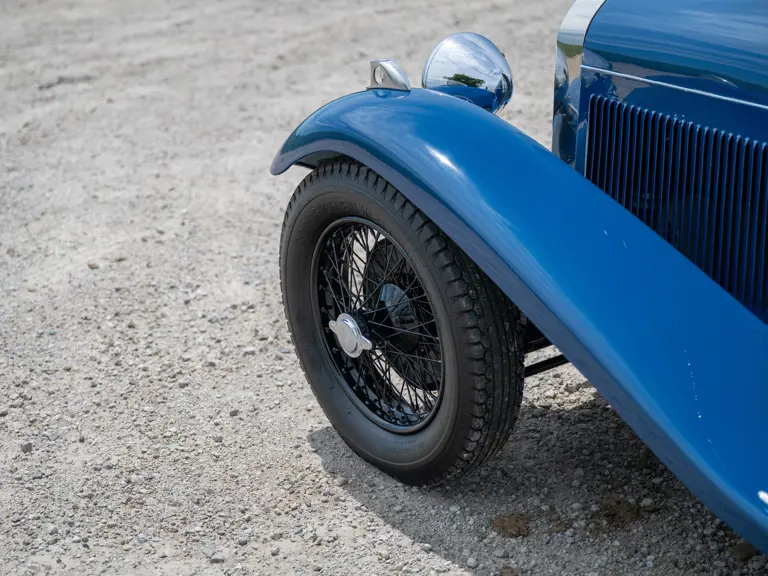
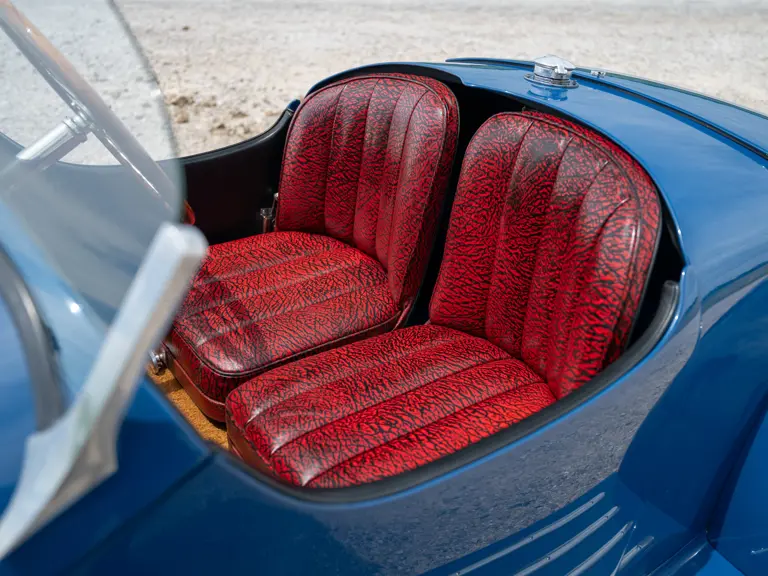
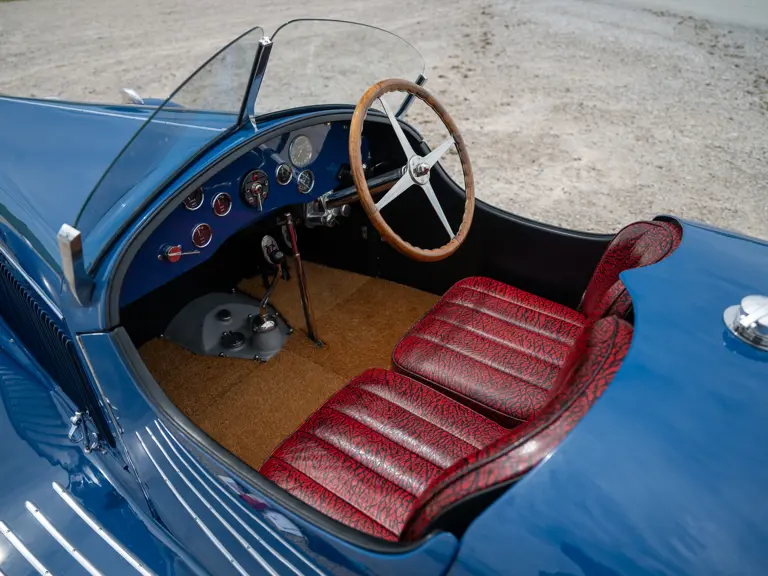
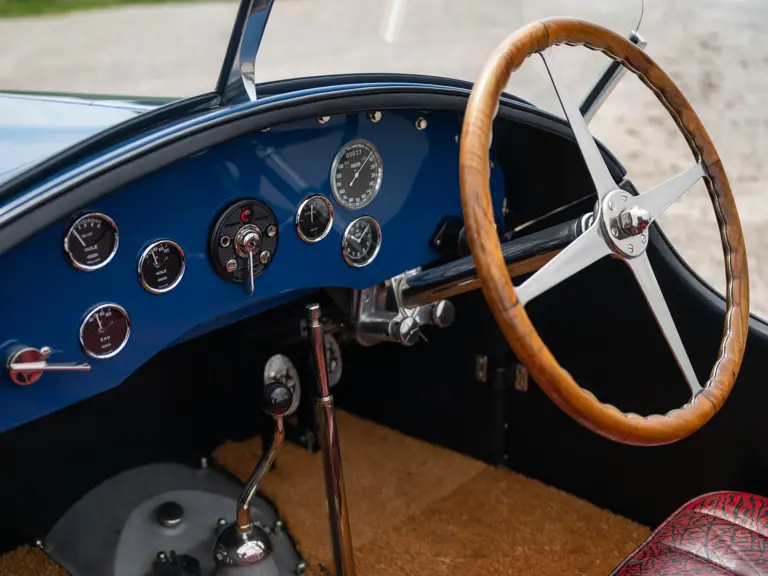
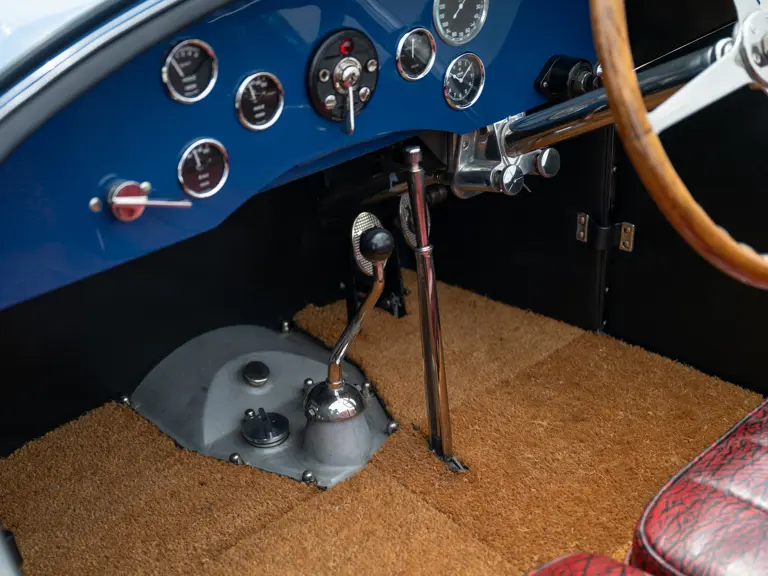
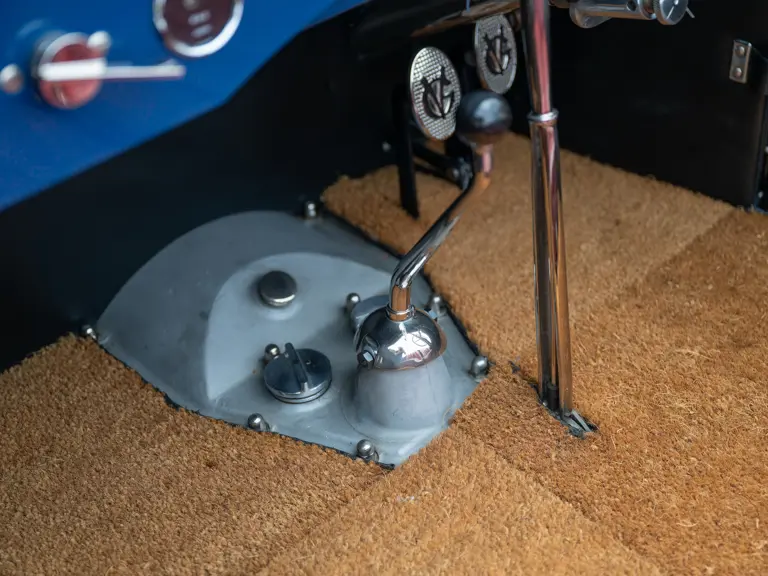
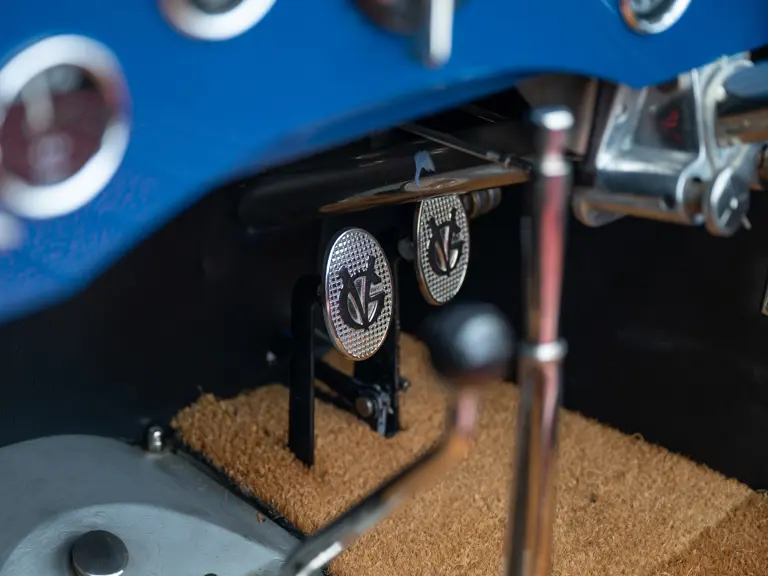
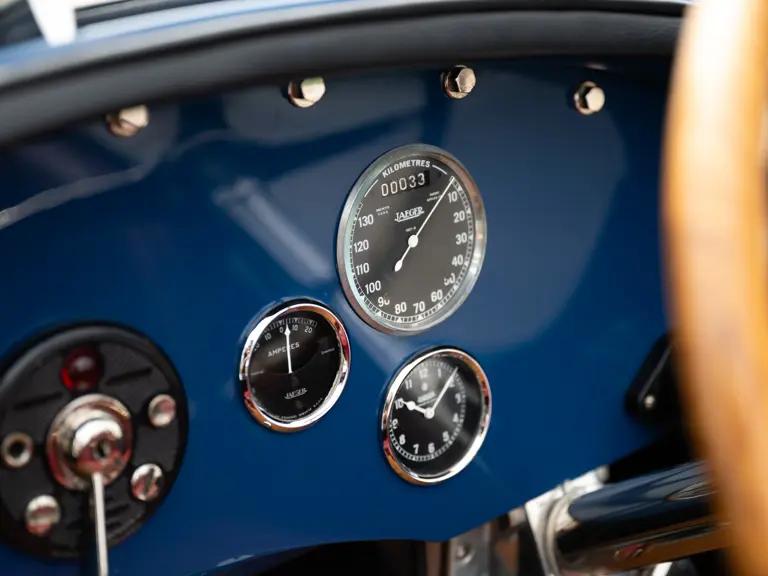
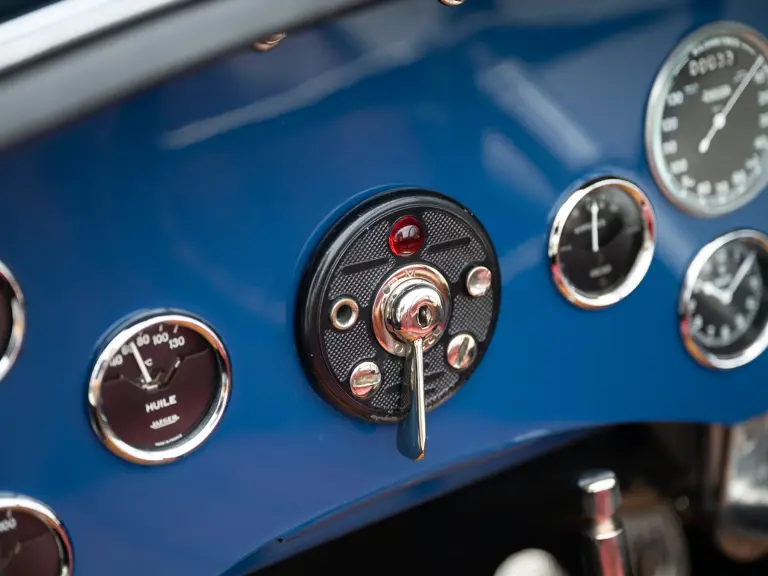
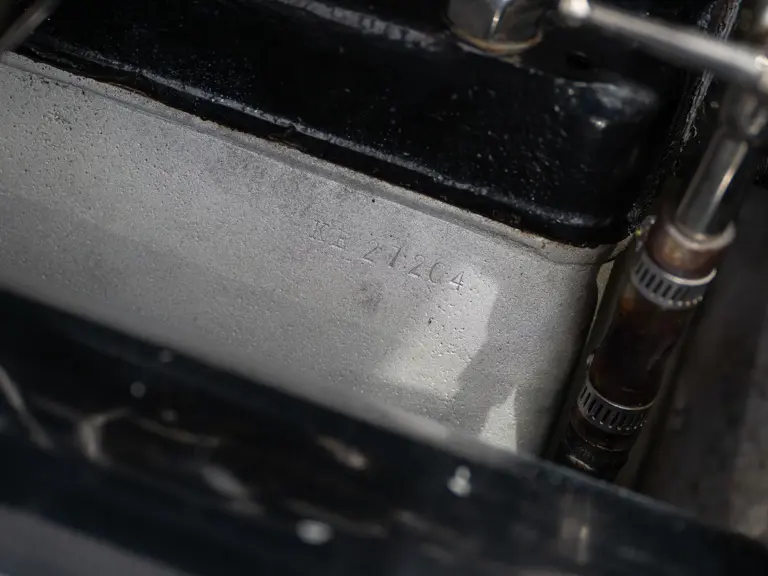
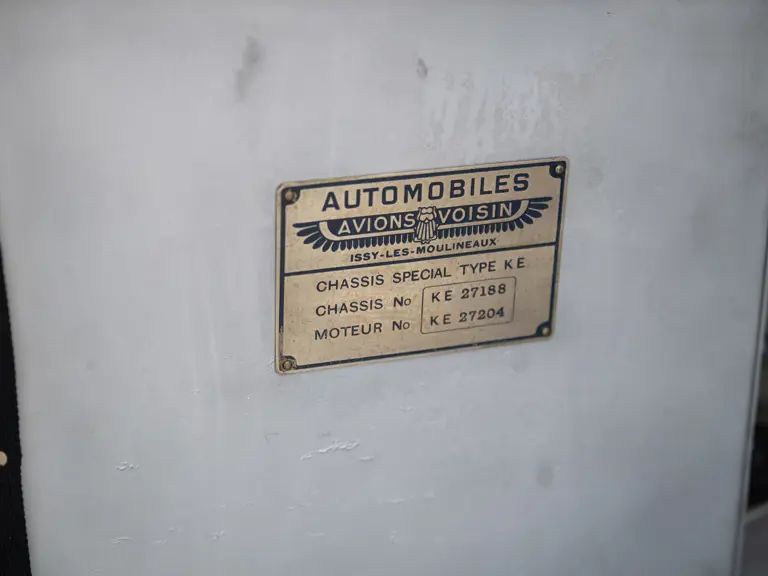
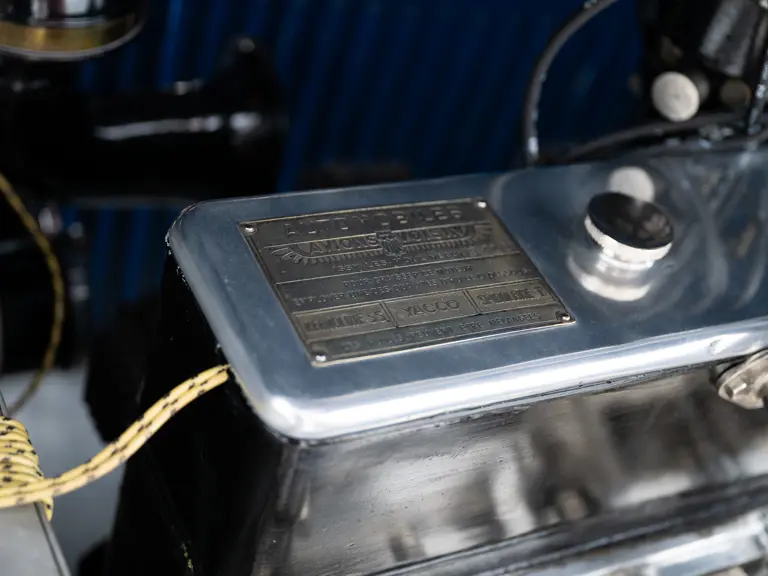
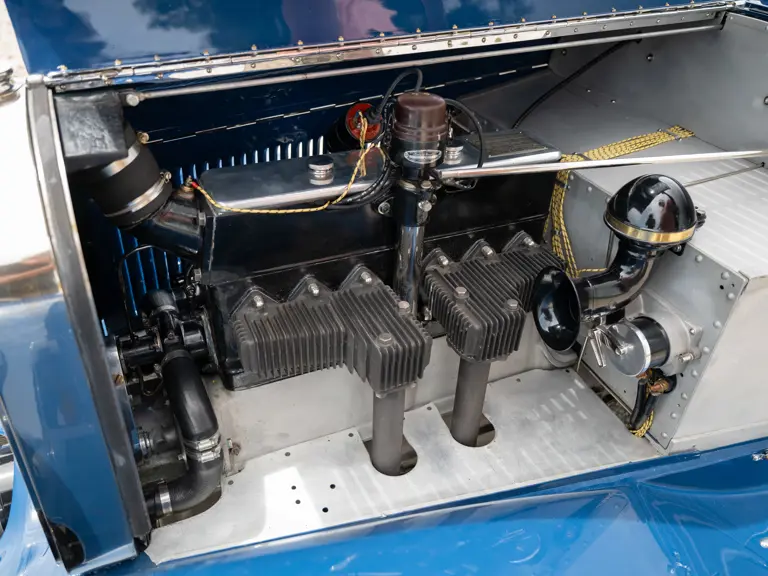
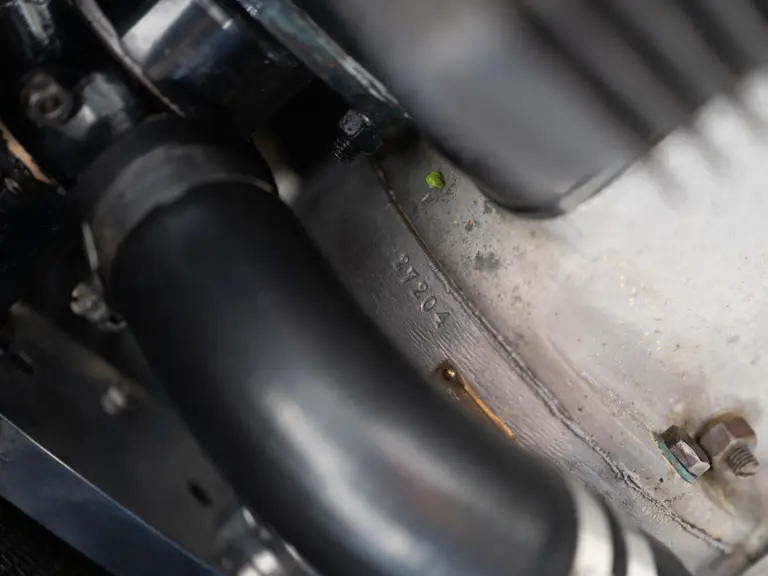
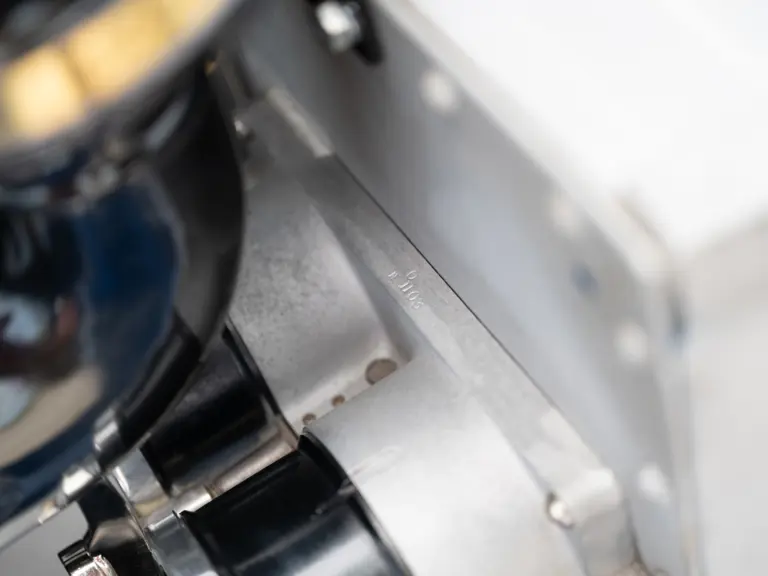
 | Monterey, California
| Monterey, California
